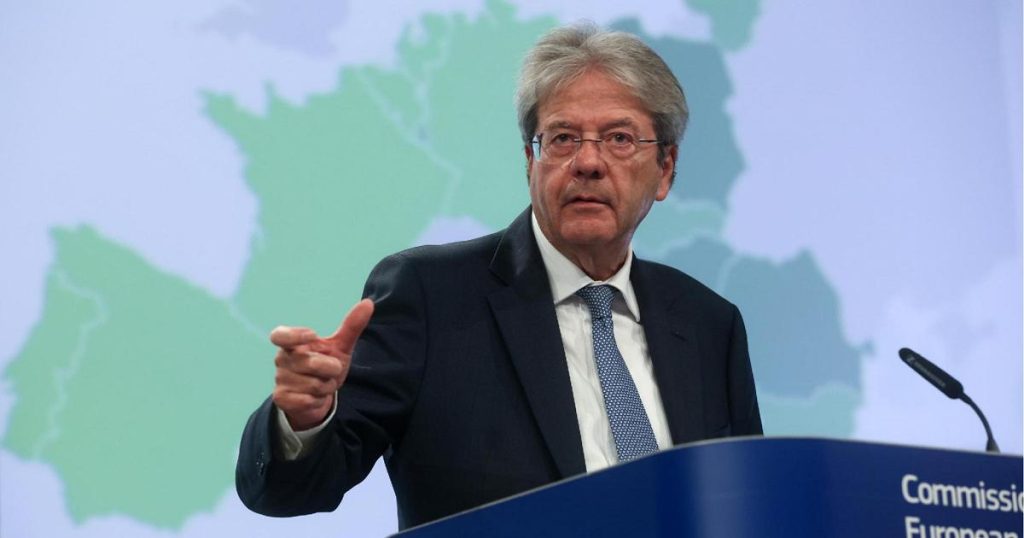The European Commissioner for Economy, Paolo Gentiloni, presented the European Commission’s spring economic forecasts, taking into account the many electoral events this year. He emphasized the increased uncertainty and downward risks for economic prospects stemming from external factors outside the EU. Gentiloni provided an overview of 2023 and made predictions for trends expected in the Union in the coming year. He mentioned that 2023 was a challenging year for the EU economy but expressed belief in a growth increase this year and further acceleration in 2025. He anticipated a 1% annual growth rate for the EU this year and 1.6% in 2025, with inflation expected to decrease and reach the ECB’s target next year. Private consumption is expected to drive growth while investments may lag behind, prompting the importance of NextGenerationEU to support weak private sector demand amidst high geopolitical risks and uncertainty.
In terms of public debt in the EU and individual member states including Italy, Gentiloni explained that the EU’s public debt is expected to resume decline in 2024, with a slight increase in the debt-to-GDP ratio in 2025. He noted that after a significant reduction in 2022, last year saw a marginal increase in the EU’s public deficit due to economic conditions and increased interest spending. The gradual improvement in economic activity is forecasted to lead to further reductions in the EU’s aggregate deficit in 2024 and 2025. Gentiloni highlighted that by the end of 2025, most member states will have lower debt-to-GDP ratios than in 2020, although still exceeding 60% in 12 countries.
Regarding the Italian economy, Gentiloni explained the discrepancies between European expectations for the Italian deficit compared to those of Rome, due to incomparable projections in Italy’s stability program lacking budget objectives for 2025 and beyond. He pointed out that the EU’s debt growth projections are higher than Italy’s due to the absence of details concerning the Italian government’s public asset privatization announcement. Gentiloni addressed the issue of the Superbonus, reassuring that it does not pose a Greece-like risk but has become a potentially dangerous measure that the government should rectify. He emphasized the importance of part of this funding going towards environmental improvements in housing.
Gentiloni mentioned that requests for budget adjustments related to excessive deficit procedure under the new Stability Pact are anticipated to come in November. Discussions between the Commission and various governments are ongoing regarding presenting decisions in the spring package in June or announcing recommendations in November, taking into account medium-term plans that countries must formulate between the spring and autumn packages of the European semester. The proposal is to open procedures in June but provide recommendations considering medium-term plans in November, a decision to be agreed upon with member states.


